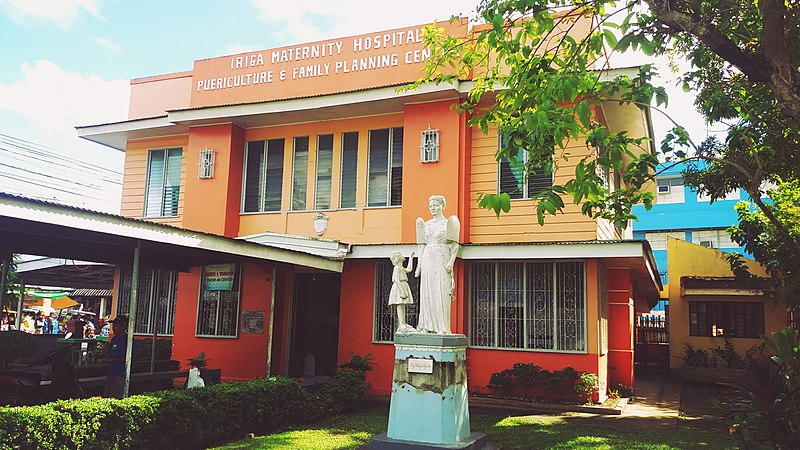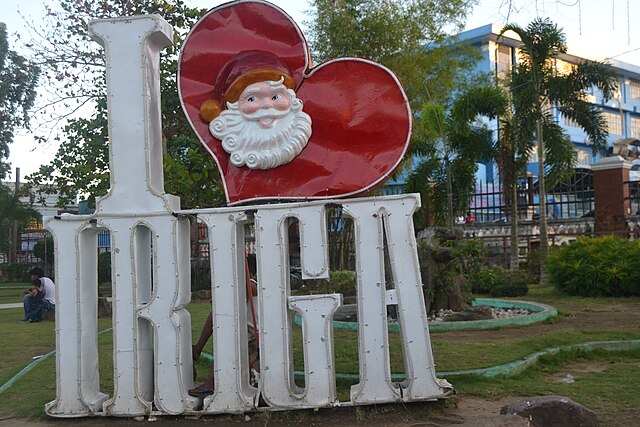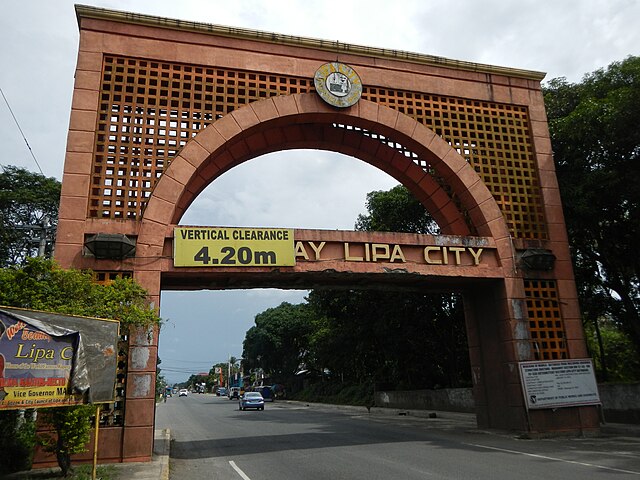Through the generosity of the late Professor Benedict Anderson and Ajarn Charnvit Kasetsiri, the Thammasat University Library has newly acquired some important books of interest for students of Association of Southeast Asian Nations (ASEAN) studies, political science, literature, and related fields.
They are part of a special bequest of over 2800 books from the personal scholarly library of Professor Benedict Anderson at Cornell University, in addition to the previous donation of books from the library of Professor Anderson at his home in Bangkok. These newly available items will be on the TU Library shelves for the benefit of our students and ajarns. They are shelved in the Charnvit Kasetsiri Room of the Pridi Banomyong Library, Tha Prachan campus.
The ceremony for the Southeast Asian Writers Award (S.E.A. Write Award) will be held in Bangkok later this year. This honor has been presented annually since 1979 to poets and writers of Southeast Asia.
Three Filipino writers have been selected for the prize this year: They include Professor Bienvenido Lumbera, whose books have been donated to the TU Library by Professor Benedict Anderson and Ajarn Charnvit Kasetsiri.
These are Re-viewing Filipino cinema and Tagalog poetry 1570-1898: tradition and influences in its development.
These volumes are shelved in the Charnvit Kasetsiri Room of the Pridi Banomyong Library.
Professor Lumbera is a Filipino poet, critic and dramatist. Born in Lipa, Philippines, he earned bachelor of letters and master of arts degrees from the University of Santo Tomas, a private, Roman Catholic research university in Manila, Philippines that is an international partner of Thammasat University, and a Ph.D. in Comparative Literature from Indiana University in Bloomington, Indiana, the United States of America.
He taught Literature, Philippine Studies and Creative Writing at the Ateneo de Manila University, De La Salle University, the University of the Philippines Diliman, and the University of Santo Tomas.
In 2013 he explained to an interviewer why he began to write dramatic works:
As a beginning writer, I used English in fiction and shifted to poetry because I was such an inept typist,” he recalls. “Later, I began using Tagalog in my creative writing. My discontent with publishing was the absence of any feedback from readers. In the theater, however, feedback is immediate, so that if your work is effective, you can tell right away from the reaction of the audience.
Among playwrights he especially admires are Federico Garcia Lorca and Bertolt Brecht.
Books by and about both of these writers are in the collection of the TU Library. Professor Lumbera finds play by Lorca to be imaginatively conceived and emotionally gripping. He adds:
I like Brecht for the discourse that his material provokes, allowing his plot to engage the audience in a discussion of issues that concern them. [The good person of Szechwan] is a fine example of theater that draws an audience to think out problems in society, but avoids boring them because he has an ironic sense of humor.
Another Filipino author who will be honored in this year’s S.E.A. Write Award ceremonies is Ricardo “Ricky” M. De Ungria.
Born in Luzon, he moved to Davao City. He earned a bachelor of arts degree in literature from the De La Salle University and a master of fine arts in creative writing from Washington University in St. Louis, Missouri, the United States.
Two decades ago he was appointed the first dean of the College of Humanities and Social Sciences of the newly founded University of the Philippines Mindanao (UP Mindanao) campus.
He teaches creative writing and literature in the Humanities Department of the College of Humanities and Social Sciences of U.P. Mindanao.
Among his more recent writings, a poem entitled Continuing Love was posted online in 2012:
1.
From thick vines hung from trees
let go by hands,
from rocks by the banks
crammed with coiled springs for wet feet—
it is all wings and arcs
cleaving wild air
into the cool waters of Mintal river.
Loose planks bridge here
to nowhere shakily.
Towers of unseen worlds rise,
built tale upon tall tale.
From treetops where footraces ended,
the earth is more than grass
and clods of dirt—instead, a wide bilao
of hills and mountains, rivers
and houses and trees trees trees!
The sky is more than a roof
if you pry the branches apart.
God lives also in the trees,
and the leaves breathe with him.
No other school teaches that.
[…]
4.
The hues and slowburn of sweetness
flush in one durian fruit;
the sure sail and dip of
eagle wingtip, deadly swoop,
and rip and tug of beak;
surge of fish and leap of cat;
pull and push of root and treetop;
burst of sap spiraling
inside trees and leaves and shells;
ebb and tiderush, rot of bones
and stars—
so too
in the flex and swing,
bend, stretch, twist
to near cracking, slack and
spring and intimations of
the body pinned by pain
and drip of death,
or wet with anguished joy,
lurk of hope, laughter shared
and emptiness.
Surface
tensions bruised by beauty
brief.
Rippling.
Tingle
in the soul between
measure and
release.
Here shall be space
for spiriting forms
of loss and love and longings
into their human likeness
and reach,
to teach the body
praise, prayer, possibility.
Come, speak
the speech of the body,
and pass on the dance.

The third honoree at this year’s S.E.A. Write Award ceremony will be the author and filmmaker Kristian Sendon Cordero, who promotes the Bikol languages, a group of Central Philippine languages spoken mostly in the Bicol Peninsula in the island of Luzon. Born in Iriga, Philippines, he has translated the works of Franz Kafka, Rainer Maria Rilke, Oscar Wilde, Karel Čapek, Jorge Luis Borges, and José Rizal in Bikol and Filipino. All of these writers are represented in the TU Library collection. Professor Cordero teaches humanities and history at the Ateneo de Naga University in Naga City, Philippines, where he recently opened an independent bookshop and art gallery called Savage Mind.
He informed an interviewer in 2019,
Naga, being the heart of Bicol, should be able to develop more programs in the arts and culture to advance our intellectual life. If she has to continue being the heart of the region, she should nourish and promote its artists and writers. Savage Mind… [should] serve as a hub for artists, dreamers, and what-else to come here and participate in our programs… We named it after the book of Claude Levi-Strauss’ The Savage Mind. It is a pioneering work in cultural anthropology. It opens so many ideas and vistas which I gladly welcome as they, in a way, affirm your long-held thoughts and beliefs. The Savage Mind is about diversities, about multiplicities, and differences. I think of books and cinema as works of the savage imagination. My friend Dada Docot, who is an anthropologist, alerted me about the use of Savage Mind because some scholars are already dismissing the name as “exoticizing” and “limiting.” Well, I did not listen to Dada!.. The Bikol translation of Antoine de Saint Exupery’ The Little Prince is the number one in our best-sellers’ lists, followed by Tito Valiente’s Tales from Ticao, a collection of short stories all set in this mythical island where he was born.
The TU Library owns a copy of The Savage Mind, a work of structural anthropology by the French anthropologist Claude Lévi-Strauss as well as The Little Prince by Antoine de Saint-Exupéry.
An example of Professor Cordero’s poetry, entitled The Day a Storm with my Mother’s Name Came, was posted online in 2017:
Lucia, was what Father uttered at once
the moment he heard news of a coming storm—
a name he looked at and looked over for all time,
as he straddled what could be sea or soil on fire.
The wind had begun to whistle so we fixed
the wall and roof together with my younger brother.
We roped the windows tight and stowed the rice
up where they wouldn’t get wet in a flood.
At the other house, we could hear the static
on the failing radio, the dogs were barking
and the banana plants were starting to rattle like teeth,
the kapok pods were falling on the overgrown yard.
Black ants lined up in procession towards the jar
that we used to store chunks of molasses and sugared
coconut flesh: Sweetness, it seemed was not taste
alone, but part of scent and memory […]

(All images courtesy of Wikimedia Commons)



